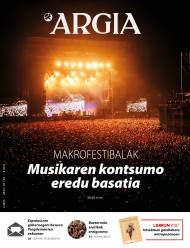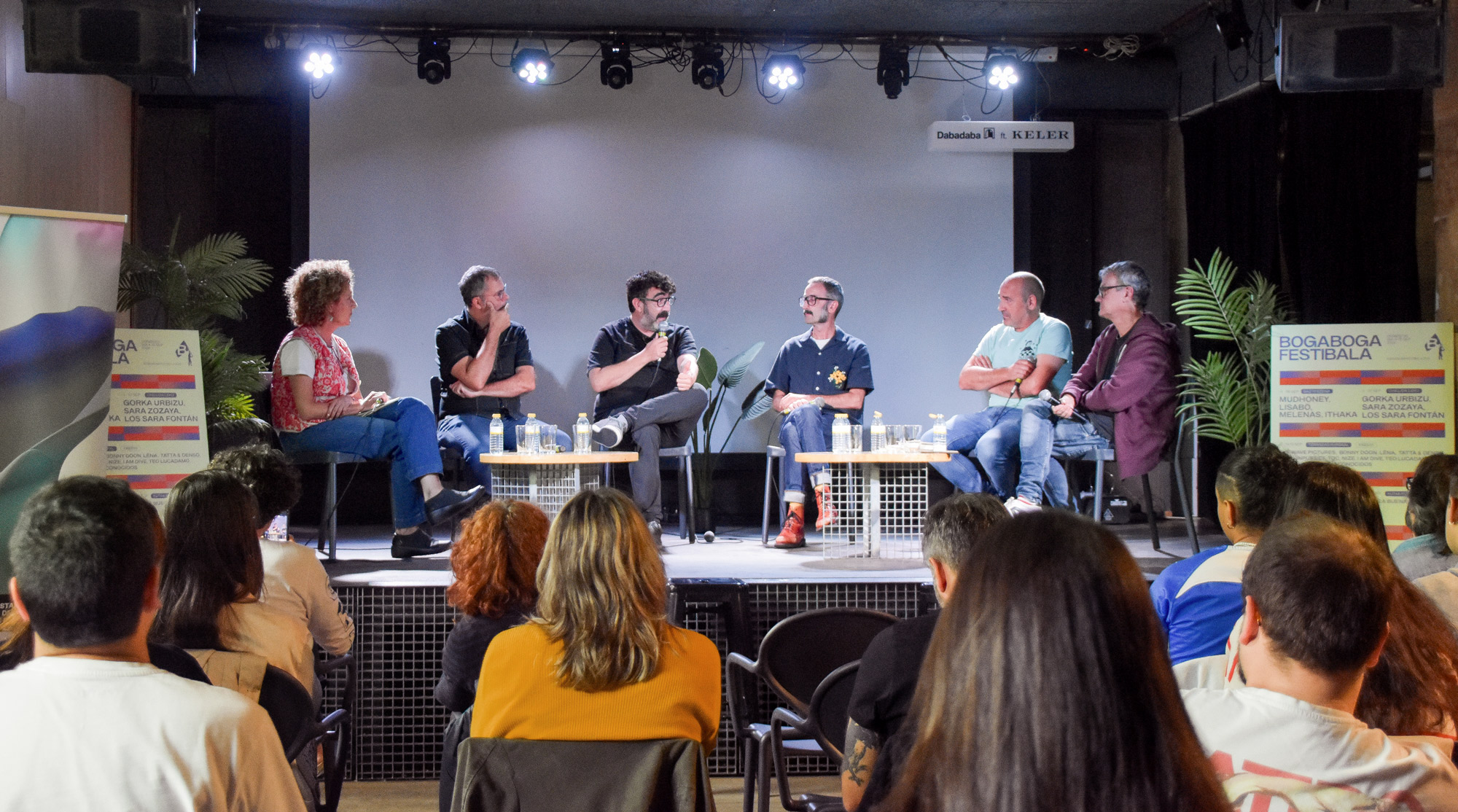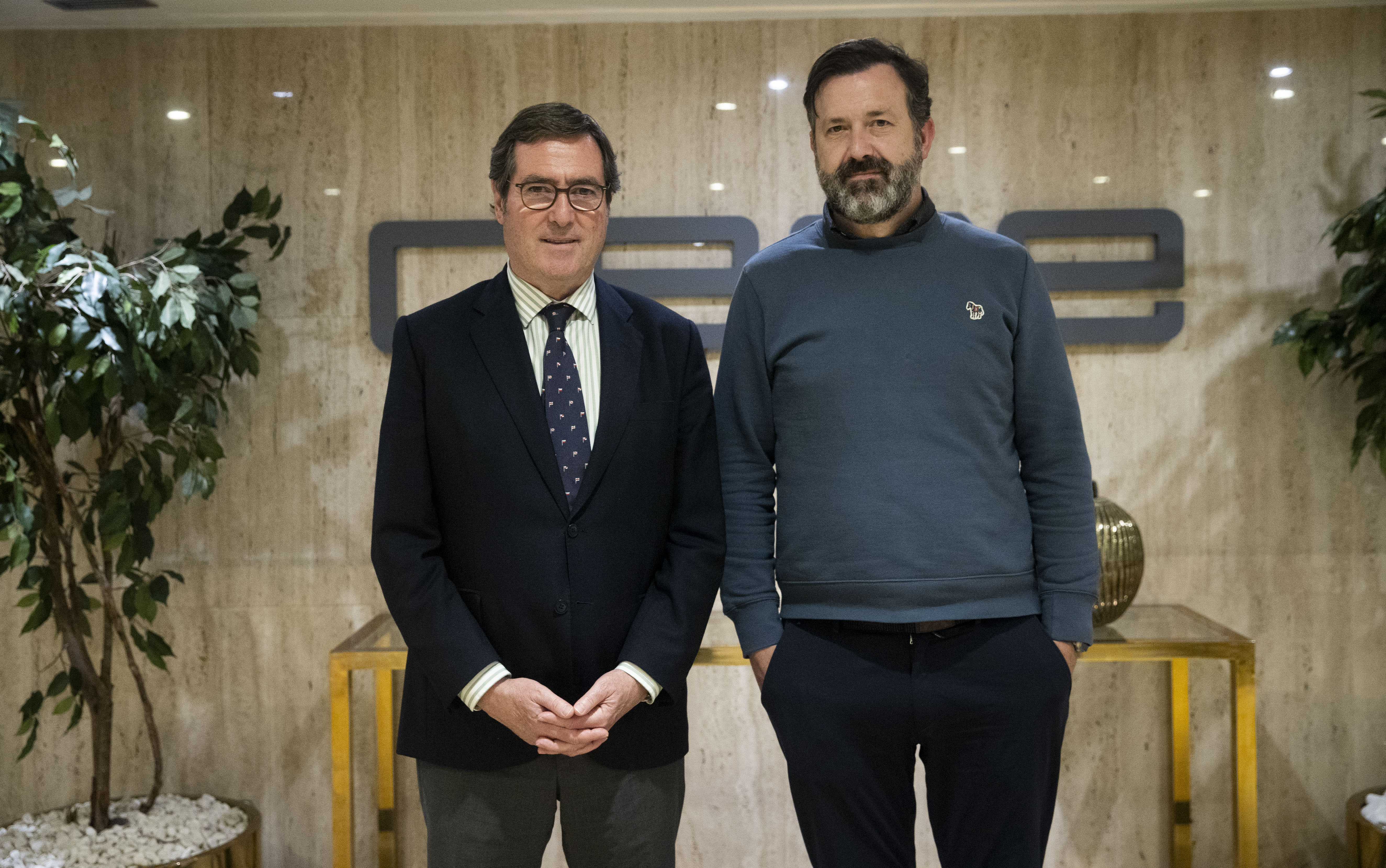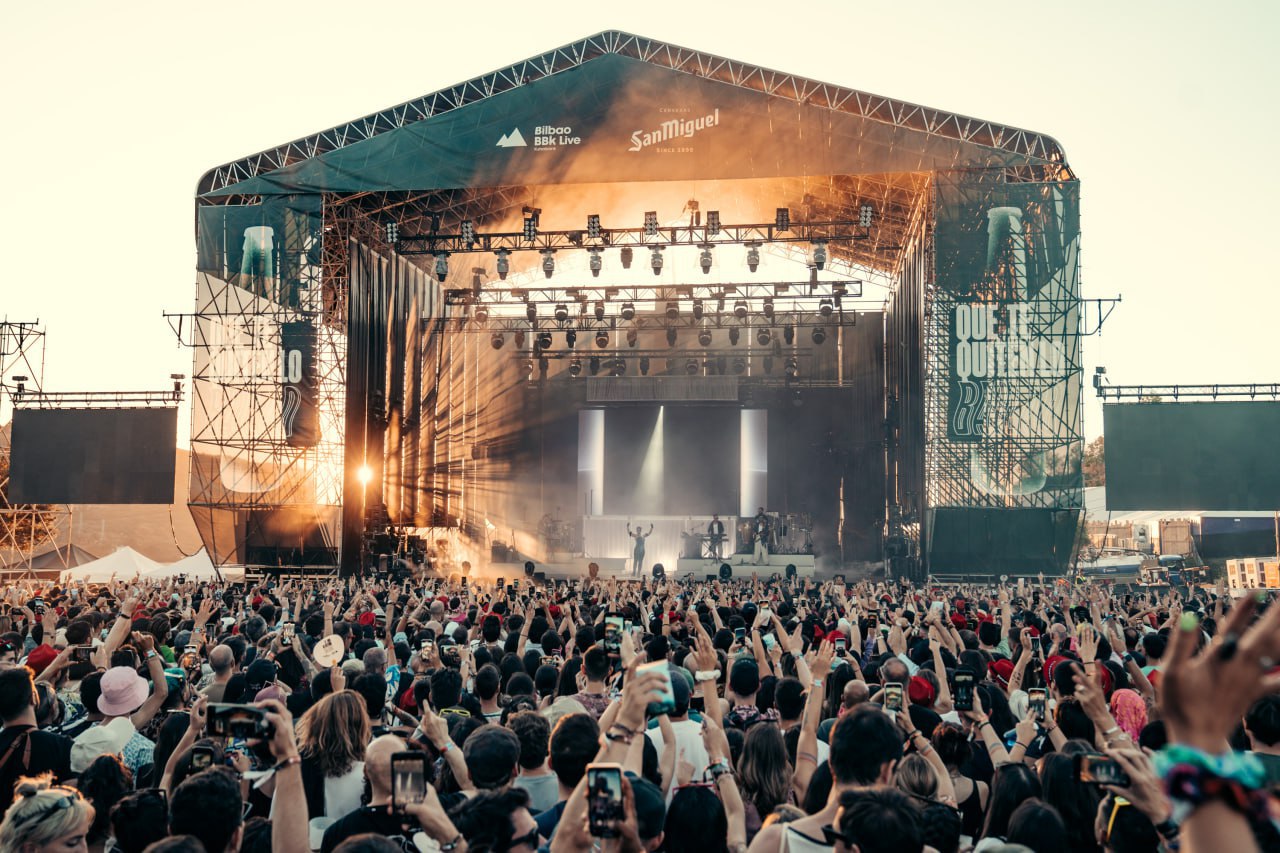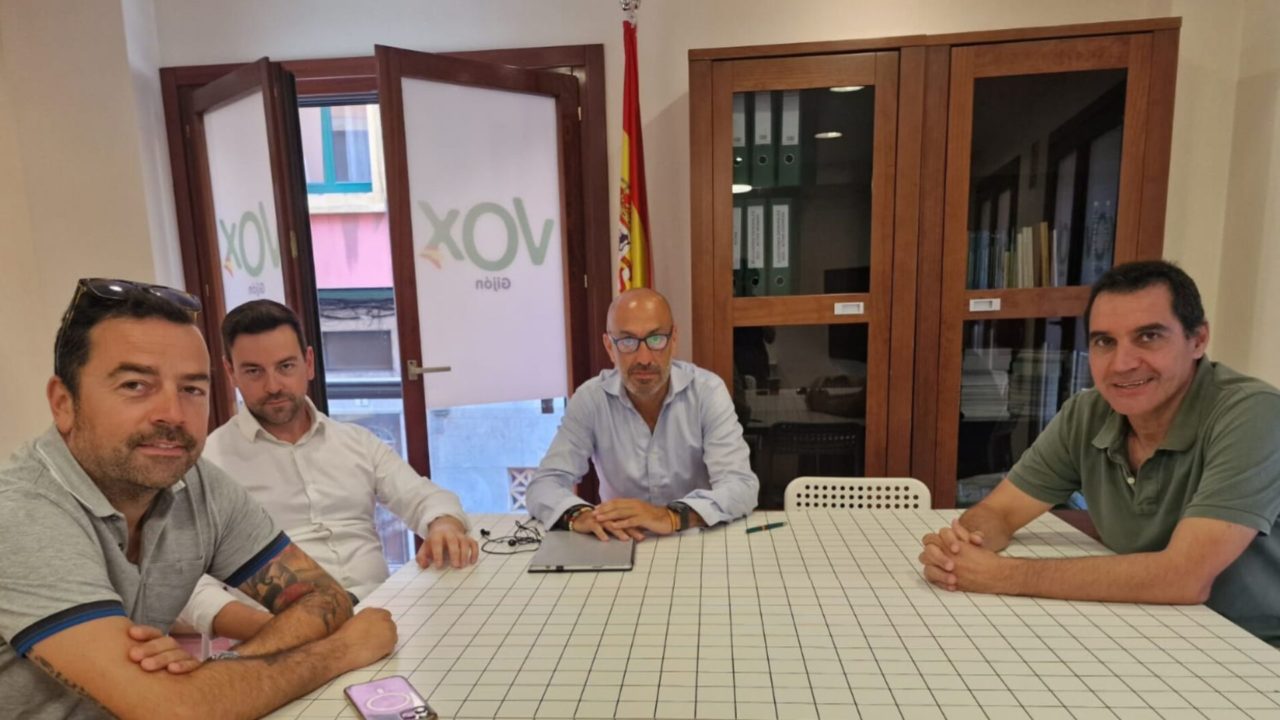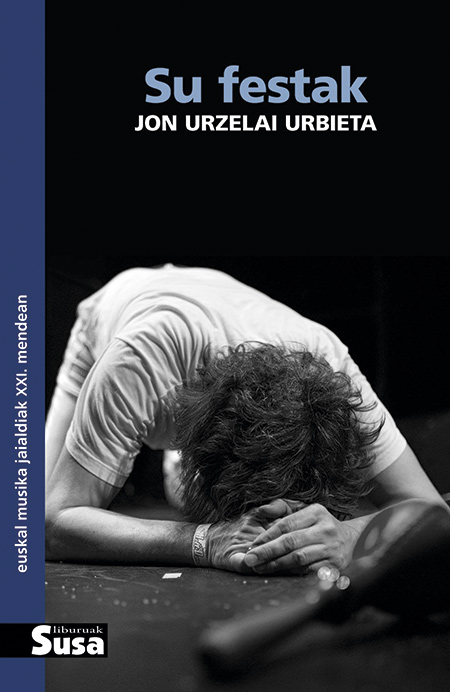"Capitalism enters festivals."
- Nando Cruz (Barcelona, 1968) is a cultural journalist specializing in music and music festivals and a prominent chronicler of alternative cultural activities. This year, Macrofestivals. The black hole in music. The black hole in music) has published a book that shows a critical view of massive consumption patterns. Read the original interview here.

What is and what is not macrofestival? What differentiates a culturally healthy initiative from what you define as the “black hole in music”? The border, I would say, begins at a time when
it is not possible to fully enjoy the experience of the meeting. There are two clear symptoms. On the one hand there is the presence of screens, the organization is telling you that with the entry that has sold you can not make sure you can enjoy the music, that is, in some cases you will not be able to see the stage or feel the music nearby. On the other hand, oversupply, overlap of actions: the list of groups is so broad that the reality is that you cannot attend two thirds of the offer, you have to choose. You pay for that big poster and you can see one in three concerts. It's a fraud, a theft.
The book talks about the saturation of oversupply causing anxiety in people. I don't know if you've wondered why they keep pushing this model, because it's clearly a problem for the public. Promoters
know that this is the way to make more money in the shortest time. They know that for the viewer this exploitation is not the best experience, nor for artists to offer concerts of less than half an hour, but they find it more profitable. More and more groups can cost more tickets. Gathering, gathering, gathering ... To attract as many people as possible. It's a subject of infinite growth. Capitalism goes into the world of festivals and promoters have to keep growing so that another doesn't bring the cake.
For years there has been talk of the “bubble” of festivals, as a model that can grow and grow unsustainable. Is that possible? The
idea of resizing, of reducing everything, of diminishing, was like the idea of commodities throughout the pandemic, but once we have passed that time, it has become clear that it was only an idea, that there was no real intention. After the pandemic, we have sought to recover what has been lost in the pandemic.
I think people are getting tired and tired of certain kinds of festivals. People have been tired of always seeing the same groups and feeling that they are always at the same festival. The model itself starts to be laborious, but I don't know if the bubble will explode.
Festivals in the Spanish State will continue to gain weight: international investors enter more strongly, the Spanish State is becoming the country of the big circuits, and if they have, we can think that it will continue to work.
Why have you chosen Spain? Does time and climate influence?
In the 1990s, I went a lot to the big English festivals. If they lasted three days, two days rained. The creators of the FIB festival held in Benicàssim (Valencia) went to these English festivals and have said that the idea emerged there. The climate has helped attract festivals and people, but I think that soon the climate emergency is going to go against festivals, because the temperatures that we cannot bear are going to become more and more frequent.
A few years ago, the macrofestivities expressed their commitment to environmental sustainability in a public statement. Is it credible?
The more we talk about sustainability, that means the worse awareness. In fact, macrofestibal is by definition the antithesis of sustainability, as it is an activity that needs to generate large flows of people to be profitable, leaving a huge ecological footprint. Although LED light bulbs are put on the stage, 75% of what is damaged is done by the public. When you set up a festival and say, “I want a great artist from the United States to come and not go elsewhere in Europe,” you’re generating flows of people saying come here to the people of Europe. That's the logic of all festivals: exclusivity.
Summer comes and with it the popular festivals of towns, neighborhoods and cities. Festivities have always been the refuge of social and political demands, neighborhood relations and popular euphoria. They take our streets and for a few days they are an example of... [+]
On April 30, the Spanish businessman CEOE hung this picture on the networks: on the left is Antonio Garamendi, son of Getxo president of the CEOE, and on the right is the bilbaíno Alfonso Santiago, head of promoter Last Tour in the world of music festivals, member of the Basque... [+]
They pray to us and say that he is a Sirimiri. Because Bilbao BBK Live cannot be understood as such. In the same pack travel Mediateka BBK, BBK Kuna, BBK Sala, BBkatea at the Museum of Fine Arts, Bilbao Bizkaia Pride, BBK Klima, BBK Ja! The Bilbao Prize, the white card BBK, the... [+]










